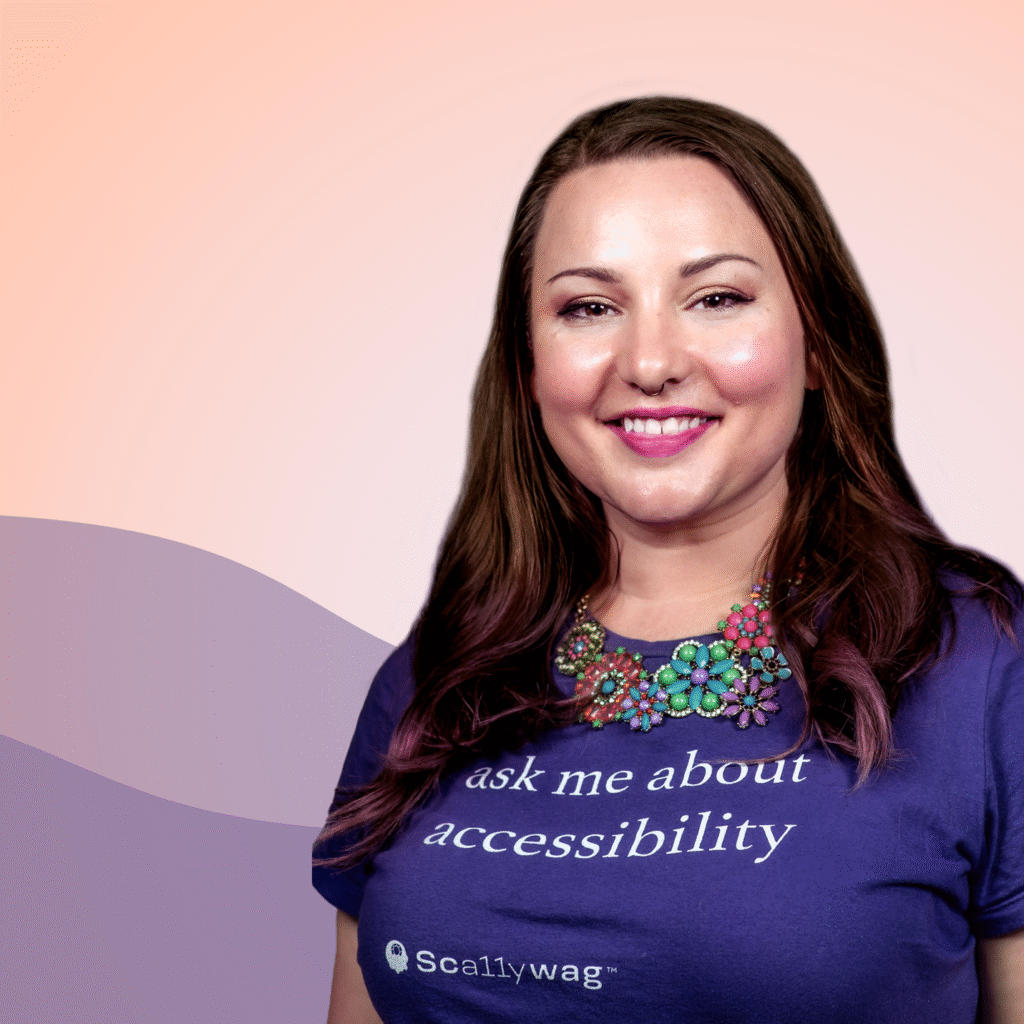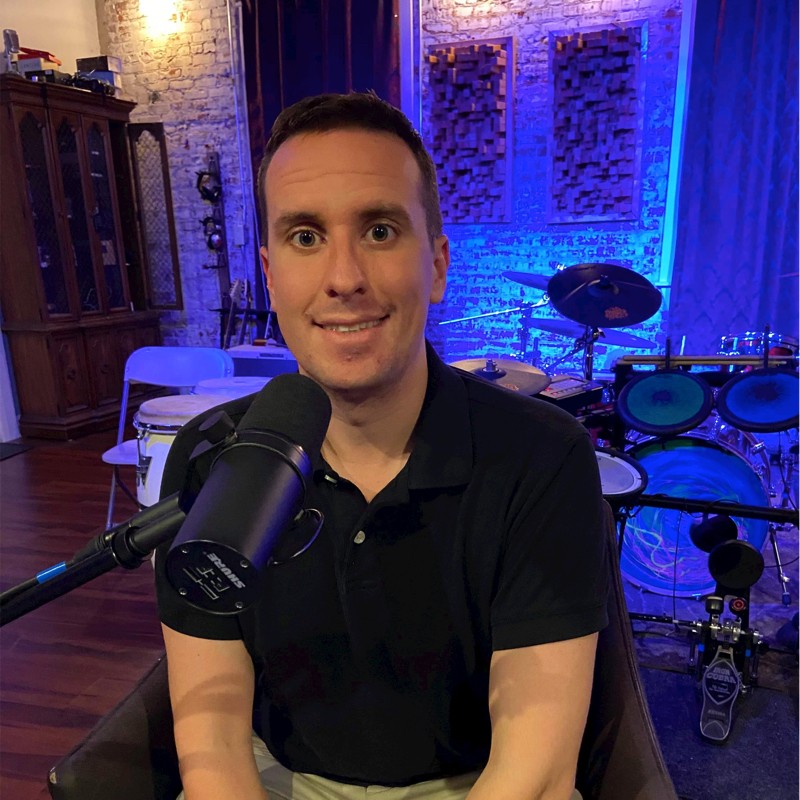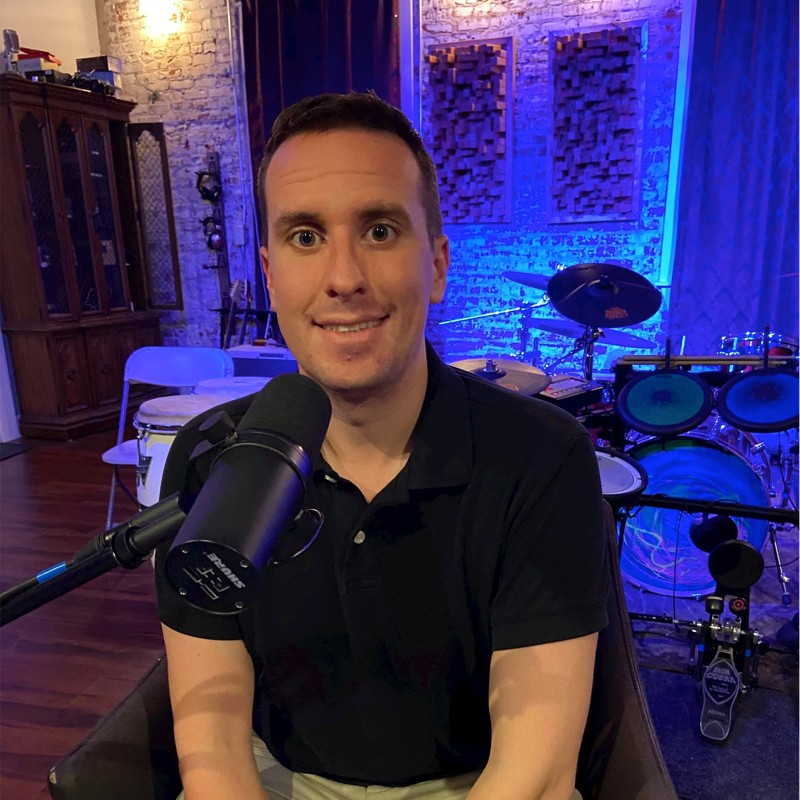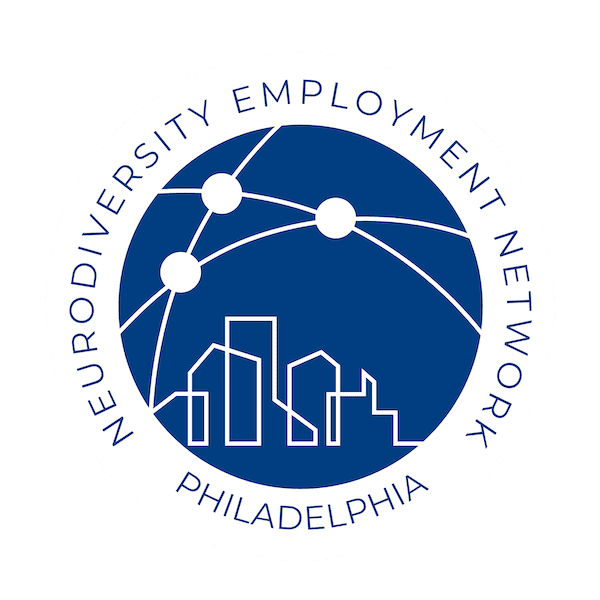Check out the Topic and Advisory Board Response Below! New contributions will be added on a quarterly basis.
- Spring 2025: Innovation and Entrepreneurship
–Nikki Kuhn, Advisory Board Member

Have you ever received insight from an unexpected source—perhaps someone outside of your industry or someone who wasn’t in a traditional mentorship role? How did it impact your approach?
I’ve received valuable insights from many unexpected sources throughout my career. As a User Experience Designer, I deeply believe in the power of listening to diverse voices and pulling wisdom from all areas of life, not just within my field. One memorable example comes from two separate occasions when a receptionist shared the advice to “live unapologetically.” At first glance, it might seem like simple advice, but it’s incredibly profound when you think about it. To live unapologetically means to stop measuring yourself by others’ expectations and instead embrace your authentic self. It empowers you to tap into your true potential, especially when pursuing innovation. As designers, we need that kind of self-assurance to think creatively and push boundaries. That piece of advice has stayed with me, reminding me to always prioritize my authentic voice in both my personal and professional journeys.
What’s one outdated business norm or leadership expectation that you’ve completely rejected—and how has that decision reshaped your success?
One outdated business norm I’ve rejected is the idea of hiring for “culture fit.” Instead, I advocate for hiring based on “value add.” When companies focus only on whether someone fits into an existing mold, they miss out on the fresh perspectives that drive true innovation. This is especially limiting when it comes to neurodivergent talent—we don’t thrive in boxes, and we shouldn’t be expected to. By embracing difference rather than trying to conform everyone to a narrow standard, I’ve seen teams become more dynamic, creative, and resilient. Shifting from “fit” to “add” has not only shaped my leadership approach but also created space for greater impact and inclusion in the work I do.
- Winter 2024: Mental Health Wellness
–Robert Schmus, Advisory Board Member

Why is mental health so important for neurodivergent employees?
Maintaining positive mental health is vital in the workplace. This is very true when it comes to neurodivergent employees. Many neurodivergents can experience burnout, which is caused by chronic stress. Such burnout can lead a neurodivergent person to feel overwhelmed and have difficulty with functioning as they would normally do. This is why mental health is very important for neurodivergent employees, as preventing burnout would help them to be successful on the job.
How can employers provide tangible mental health support for neurodivergent employees?
There are ways for employers to provide tangible mental health support for their neurodivergent employees. One way is for them to give the neurodivergent space to let them express what helps them to cope when they feel overwhelmed. Another way is for them to have check-in meetings to help them see where they are at mentally in their work. These are a few things that can be helpful.
Describe the relationship between wellness and employee retention.
I believe that doing such things can also relate to wellness and employee retention. You see, if you provide the employee a space for them to maintain good mental health, this would give them the morale needed to stay with the company. This can be applied for both neurodivergent and non-neurodivergent employees. A place that provides positive mental health is a sure thing to make both the company and neurodivergent employees in a good state.
- Fall 2024: Inclusive Culture
–Robert Schmus, Advisory Board Member

How can Employee Resource Groups (ERGs) and Employers promote a positive culture of allyship in the workplace?
My name is Robert Schmus. I am an autism advocate and a mental health professional. For this article, I will discuss the importance of an ally ship between employers and Employee Resource Groups. One of the issues facing the neurodivergent community is the lack of employment. It’s not really that there is no employment, it is that obtaining the job can be difficult. The social cues, the environment, all of which can be difficult to navigate. Despite this, there are ways that this can improve for the better. One of these ways would be an ally ship Employee Resource Groups (ERG) and employers themselves. The purpose of ERGs is to help prospective employees find employment in the field of their skills. Within the past few years, there have been a growing number of such organizations that have been advocating for places of employment to hire those in the neurodivergent community. This is a great start to resolving this issue, but there is still more work to be done.
What are your thoughts on supporting the many intersecting identities of neurodivergent individuals in the workplace?
One thing that I have noticed is that the employers that ERGs reach out to for allyship are limited. What I mean by this is that there seems to be a limit of what types of jobs are available for neurodivergents. For instance, the allyships in the past were with only certain types of jobs, such as service positions. These might be acceptable for some neurodivergents, but not for all. There are neurodivergents with a variety of educational and skill set backgrounds. Some have associates degrees, others have masters, while some have graduated from trade schools. These neurodivergents have skills that should not be wasted. For that, ERGs should reach out to employers that cater to a variety of roles. By doing this, we will be able to find more employment opportunities for our community. Speaking of which, an allyship between employers and ERGs is also important because it can have employers and access to the neurodivergent community. I always believe that if you want to know more about us, the best thing to do is to speak and listen to us. Many ERGs have been working with us and been letting us have our voices heard when it comes to helping us obtain employment. We can express to them what we feel would be beneficial for us and what we want in a job. We can express our skills and our eagerness to learn. Such an allyship would give us a foot in the door. A door that can improve the employment rate for neurodivergents.
